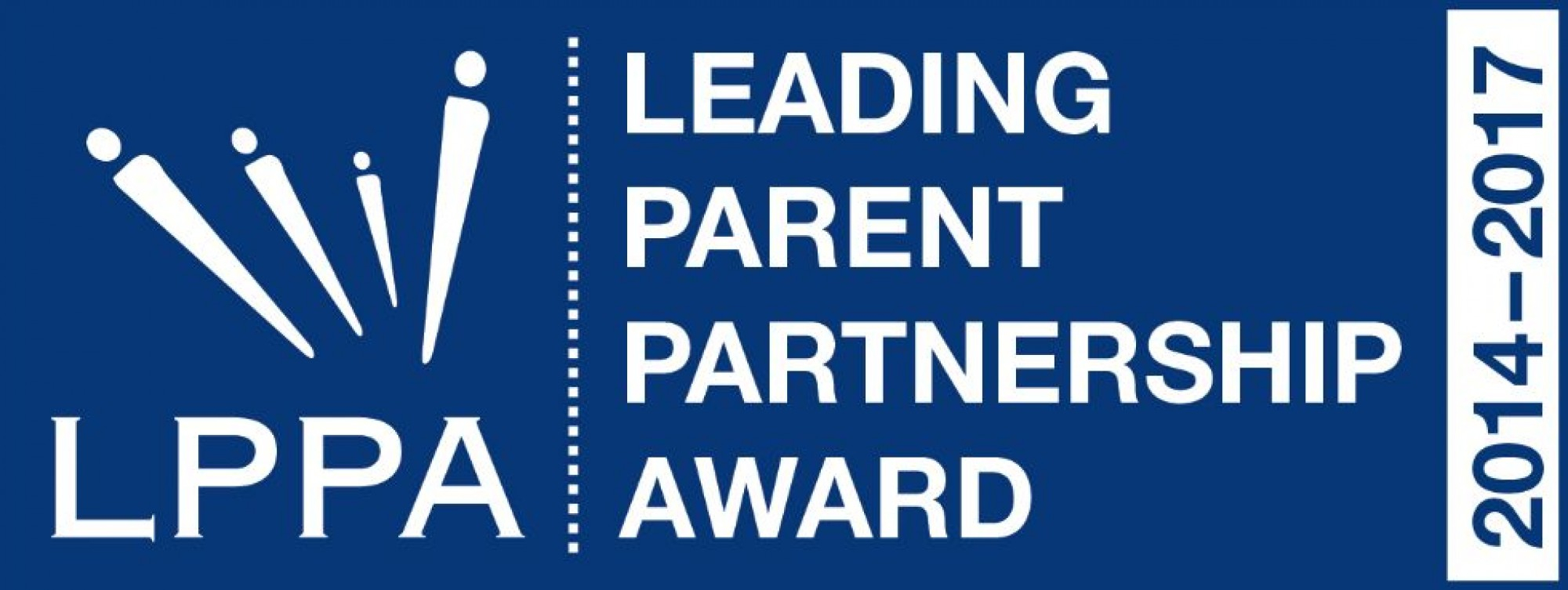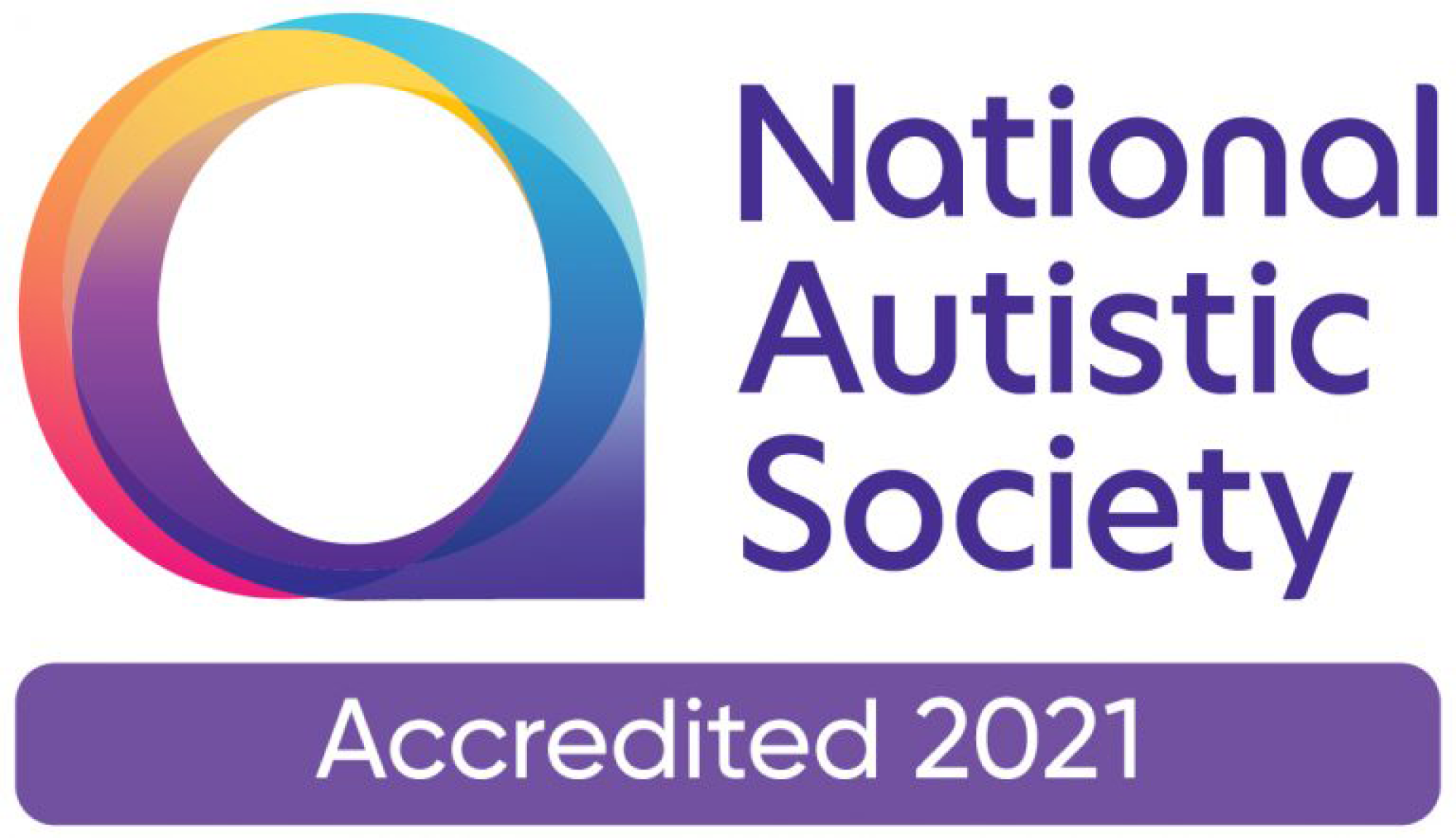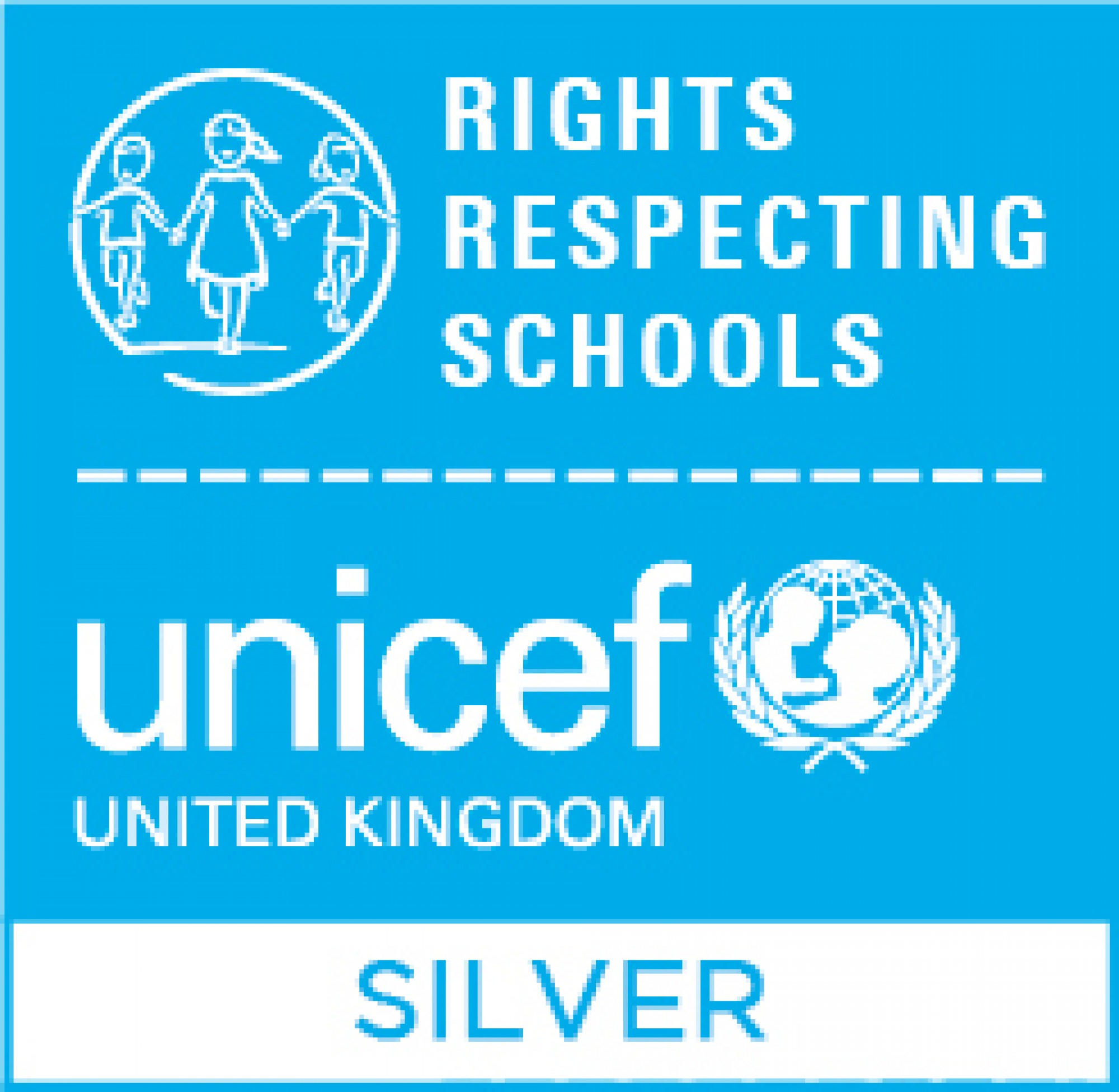Welcome to our Special Educational Needs Information Report which is part of Horizons Specialist Academy Trust’s Local Offer for pupils with Special Educational Needs (SEN).
We are required by law to produce a Special Educational Needs Report on an annual basis, Special Educational Needs (Information) Regulations Clause 65 and make it available on our website.
The kinds of SEND that are provided for
Our academies currently provide for a range of needs, including:
- Communication and interaction, for example, autistic spectrum disorder, Asperger’s Syndrome, speech and language difficulties
- Social, emotional and mental health difficulties, for example, attention deficit hyperactivity disorder (ADHD),
- Sensory and/or physical needs, for example, visual impairments, hearing impairments, processing difficulties, epilepsy
- Cognition and Learning Difficulties - Moderate/severe/profound and multiple learning difficulties
Involving pupils and parents and carers
All the academies in the Trust have an open door policy for parents and carers and aim to communicate regularly with parents/carers. We will have annual discussions with the pupil and their parents when identifying and/or reviewing their special educational provision as laid out in their EHCP. These conversations will make sure that:
- Everyone develops a good understanding of the pupil’s areas of strength and difficulty
- We take into account the parents’ concerns
- Everyone understands the agreed outcomes sought for the child/young person
- Everyone is clear about the agreed provision
- Everyone is clear on what the next steps are for the pupil
Assessing and reviewing pupils' progress towards outcomes
We will follow the graduated approach and the four-part cycle of assess, plan, do, review through the academy student learning plan. This document links the aspirations and aims laid out in the EHCP in to measurable annual or termly targets.
The class or subject teacher will carry out a clear analysis of the pupil’s progress against their targets.
This will draw on:
- The teacher’s assessment and experience of the pupil
- Their previous progress and attainment and behaviour
- Other teachers’ assessments, where relevant
- The individual’s development in comparison to national data/measures where appropriate
- The views and experience of parents
- The pupil’s own views
- Advice from external support services, if relevant
The assessment will form the teacher’s report for the EHCP review process.
All teachers and support staff who work with the pupil will be made aware of their needs, the outcomes sought, the support provided, and any teaching strategies or approaches that are required. We will regularly review the effectiveness of the support and interventions and their impact on the pupil’s progress.
Supporting pupils moving between phases and preparing for adulthood
We will share information with the school, college, or other setting the pupil is moving to. We will agree with parents and pupils which information will be shared as part of this. There is a thorough induction process in each academy that prepares pupils well for transition through visits to their new school/college, meetings to discuss needs and a hand over of information. Each Academy has their own individual systems for moving students into the next phase and all Secondary Academies are following the Gatsby Benchmarks
The curriculum and learning environment
High quality teaching is our first step in responding to pupils who have SEND. Teachers are provided with a range of training in meeting and understanding a range of needs. This is supported through the professional learning team as well as coaching and feedback from senior teachers and leaders. The curriculum is designed to meet the needs of the whole child, developing social, emotional, communication, physical, mental health and academic aspects. –
We make the following adaptations to ensure all pupils’ needs are met:
- Planning and differentiating our curriculum to ensure all pupils are able to access it, for example, by grouping, 1:1 work, teaching style, content of the lesson, etc.
- Adapting our facilities, resources and staffing
- Using recommended aids, such as laptops, coloured overlays, visual timetables, larger font, etc.
- Differentiating our teaching, for example, giving longer processing times, pre-teaching of key vocabulary, reading instructions aloud, etc.
- Using autism friendly resources, routines and communication support
Additional support for learning
We have teaching assistants who are trained to support in class and where necessary offer enhanced support to students. There is also a parental support worker and a designated safeguarding lead in each academy who ensures that children are safe, and families are supported in issues such as attendance. This is further enhanced by a trust wide safeguarding team who support academies at both a strategic and operational level.
Academy leaders have access to specialist input through Speech and Language Therapy (SALT) provision, Occupational Therapy (OT) and Educational Psychologist (EP) through the Trust provision as well as the statutory requirements. They contribute to the education process through the development of planned programmes or strategies that will support the child to learn. Academies also buy in other external support such as Future Steps and Alliance counselling where required.
Evaluating the effectiveness of SEND provision
We evaluate the effectiveness of provision for pupils with SEND by:
- Reviewing pupils’ individual progress towards their goals each term
- Using pupil & parent questionnaires
- KPIs are approved by the Standards Committee and reviewed by an Academy council on a termly basis and progress towards these are reported to the Board of Directors
- Holding annual reviews for pupils with statements of SEND or EHC plans
- Internal quality assurance reviews termly in each academy
- External quality assurance through cross trust validation and an external school development partner who visits each academy on a termly basis
Equality and accessibility
All of our extra-curricular activities and academy visits are available to all our pupils, including our after-school clubs, depending on risk assessments
All pupils are encouraged to go on residential trip(s) that meet their needs
All pupils are encouraged to take part in sports day/school plays/special workshops, etc. No pupil is ever excluded from taking part in these activities because of their SEND or disability
Support for improving emotional and social development
All of our academies have strong pastoral support through their tutor or class teacher. They also have key adults that they can approach e.g. safeguarding lead if they have any safeguarding concerns, the behaviour manager if they have concerns of over their own behaviour or that of others.
We provide support for pupils to improve their emotional and social development in the following ways:
- Every academy has a student council
- Strong provision of Social, Moral, Cultural and Spiritual education
- Strong personal and social development offer
- We have a zero tolerance approach to bullying.
- Social groups are an important aspect of all academies education programme
- Where appropriate, opportunities will be sought for students socialise and interact with
- peers from other settings, including mainstream schools
Parental Support
All Academies in the Trust welcome contact from any parents and carers who are wanting help and advice. When you contact the Academy, you will be able to ask to speak to a member of staff or directed to the appropriate person. Further advice and support is offered to parents and carers through the Academies websites as well as the link below.
Working with other agencies
As is often the case, sometimes students require external support in areas such as mental health services, dietician services or other medical needs. This external support is often reached through formal processes such as EHCP meetings, Early Help meetings etc. All academies ensure that they work with such agencies effectively and share information with them in line with GDPR guidelines
Complaints about SEND provision
Complaints about SEND provision in our school should be made to the Head of Academy in the first instance. They will then be referred to the school’s complaints policy.
The parents of pupils with disabilities have the right to make disability discrimination claims to the first-tier SEND tribunal if they believe that one of our academies has discriminated against their children. They can make a claim about alleged discrimination regarding:
- Exclusions
- Provision of education and associated services
- Making reasonable adjustments, including the provision of auxiliary aids and services
Contact details for raising concerns
The initial contact for a formal complaint is to the Principal of the Academy.
Local authority local offers
Our contribution to the local offer is published on each academy’s website and is in the Parents and Carers section.
Our local authorities' local offers are published on each academy’s website and is also available at the website address below








